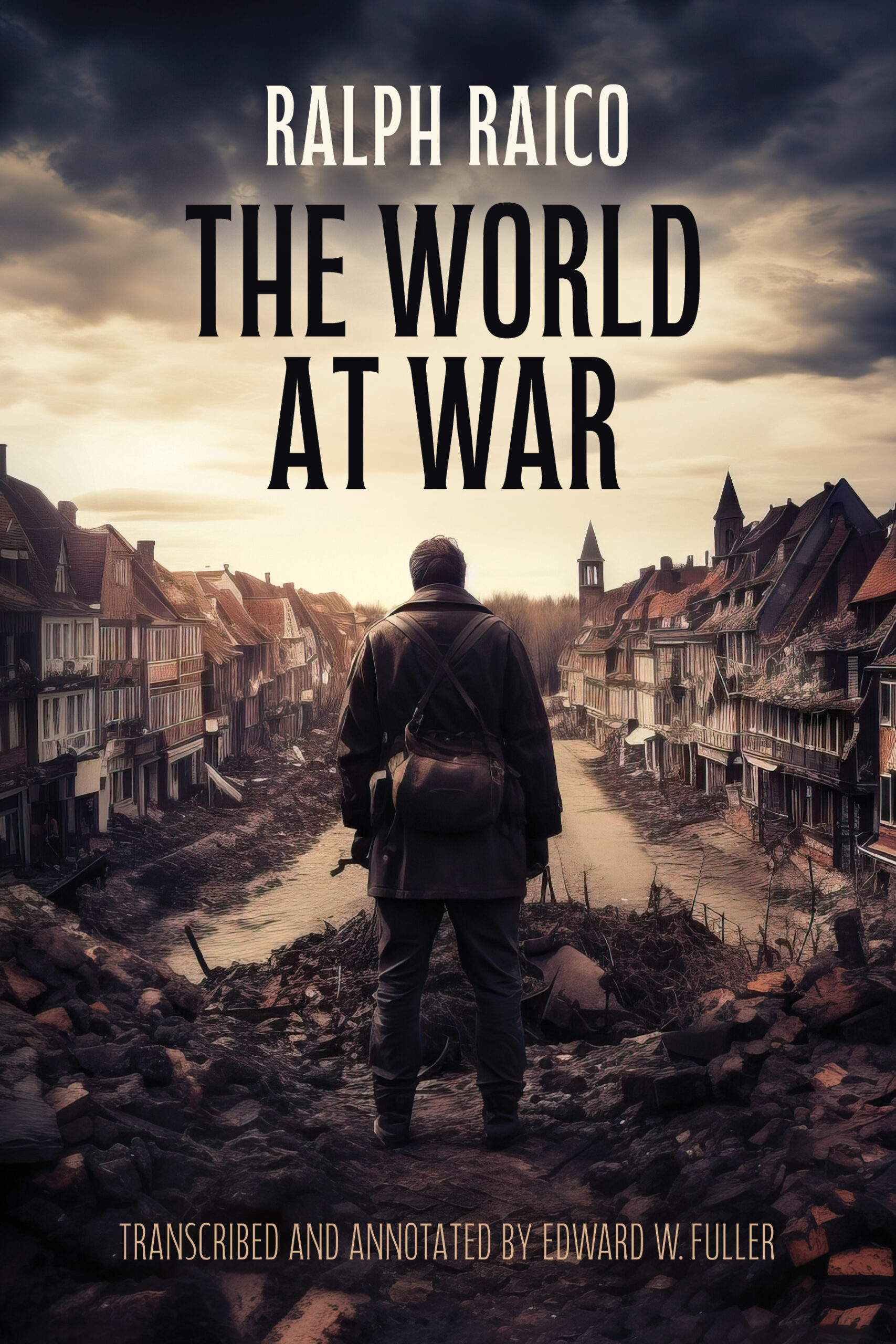This article is the foreword to The World at War by Ralph Raico, edited and annotated by Edward Fuller. Buy the book at the Mises store.
The twentieth century was a century of war, which means it was also a century of tragedy. The full extent of this tragedy, however, is often hidden by the popular narratives of the world wars that continue to be pushed in the West, especially among Americans.
But many aspects of the tragedy are also taught far and wide. When it comes to the Second World War, we Americans hear often and repeatedly of the crimes of the German National Socialists and the Empire of Japan. In contrast, the Americans and their allies, we are told, were the irreproachable good guys, fighting only in defense of themselves and others.
As for the First World War, we nowadays receive only the vaguest outline of the conflict. When some explanation is given, we are assured that the Americans and their allies were devoted to fighting for democracy, the League of Nations, and only very good things. The reality, of course, is considerably less neat and tidy. But a more honest telling of history is not necessarily easy to find, and it’s difficult to know where to begin.
For decades, an excellent place to begin has been Ralph Raico’s masterful three-hour lecture “The World at War.” This lecture is an introduction to a far more even-handed interpretation of the world wars that reveals how intrigue, despotism, and war crimes were employed by all the great powers involved in these tragic conflicts that defined the twentieth century.
In telling this story, Raico also introduces his audience to many facts and concepts about diplomacy, international law, and under standing the world through the eyes of our opponents. No true understanding of any war can be gained without all of this. Moreover, Raico illustrates for us the cost of war not just in human lives but in terms of our wealth and our liberties. As Raico shows, the alleged good-guy regimes in these conflicts—including the American regime—did not refrain from using wars as an excuse to destroy the freedoms of their own citizens. Ultimately, we learn how the world wars were made so much more tragic by the fact that so many of their grim excesses and crimes—including those of the “good guys”—were both avoidable and unnecessary.
I hasten to add that Raico’s work here is not merely some immoderate effort to be contrarian or theatrical. This lecture reflects the serious work of a working historian. Raico brings to the fore important facts that have often been conveniently ignored or suppressed, and that change the narrative in crucial ways. At the same time, Raico also offers an open-minded analysis of the sources. By presenting countless critical facts, Raico helps us understand the realities of modern warfare in ways that philosophers, economists, and theorists cannot. This is, in short, revisionist history at its best.
Until now, however, Raico’s lecture has suffered from an important defect: it has been available only as a video or an audio recording of the original presentation. This means there have been no footnotes or references available to facilitate investigation of Raico’s sources. There has been no searchable text that scholars can easily quote and cite in their own work. By transcribing and carefully annotating this lecture, Edward Fuller has fixed this defect and given new life to Raico’s lecture. In the pages of this book, we find a thorough inventory of Raico’s references, as well as carefully placed footnotes linking each of Raico’s assertions to his original sources. In addition, Fuller supplements this lecture with numerous substantive notes that provide additional context and supporting material that expand the scope and utility of Raico’s original lecture. Indeed, Fuller’s original research and commentary have transformed this text into something far more than a transcription. It is, essentially, a text accompanied by what in the past was sometimes called a gloss—a helpful and often extensive explanation of a text.
As the executive editor at the Mises Institute, I am delighted to see this book published. Fuller’s work here is reflective of Raico’s own methods in which he employed a broad and balanced treatment of historical sources. Moreover, Fuller’s commentary supports Raico’s tireless work of interpreting history through the lenses of radical laissez-faire, libertarianism, and “classical” liberalism. Never sacrificing his rigor as a historian, Raico committed himself to the defense of freedom and peace. This book is a valuable addition to that work.
This article is the foreword to The World at War by Ralph Raico, edited and annotated by Edward Fuller. Buy the book at the Mises store.
Originally Posted at https://mises.org/

